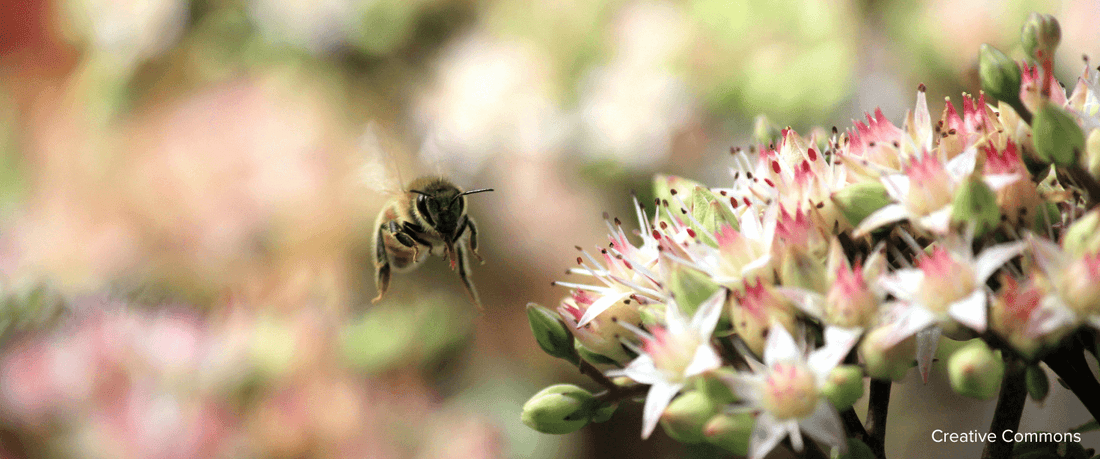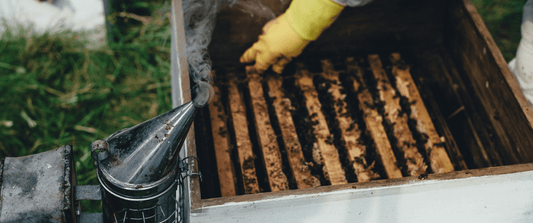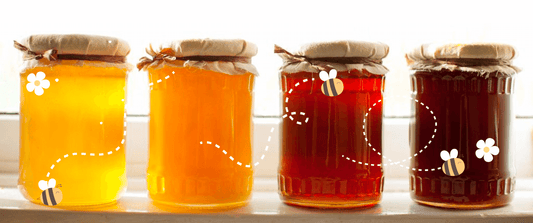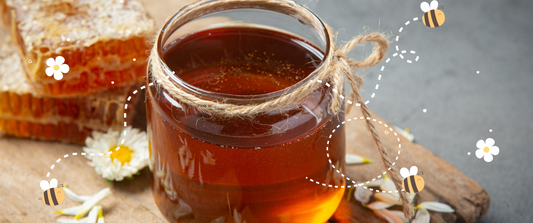In a world where the symphony of life is orchestrated by nature's intricate dance, honey bees emerge as the unsung heroes ensuring the harmony of our ecosystem. They are not mere visitors but diligent pollinators that hold the key to the thriving biodiversity of our food supply. In India, as in the rest of the world, the rallying cry to "SAVE the BEE" resonates louder than ever.
The Significance of Honey Bees
Honey bees hold a vital role in our lives. These industrious insects are directly accountable for a staggering 80% of agricultural pollination. One-third of the food on our plates is made possible by the diligent work of bees. Without them, our fruit baskets would be emptier, and our vegetable aisles less abundant. It's not just about the honey they produce; it's the delicate act of pollination that sustains our agriculture.
A Delicate Balance in Jeopardy
Honey bees, however, are facing a crisis. In India, as in many parts of the world, the once-thriving colonies are dwindling. The culprits are multiple and grave. Pesticides, parasites, and poor nutrition are the main adversaries in the battle against bee health. The vast landscapes that once offered abundant forage for these pollinators are giving way to urbanization and mono-cultures, leaving bees with fewer sources of nourishment.
Bee-Friendly Steps for a Healthier Tomorrow
As stewards of the land, it falls upon us to turn the tide and ensure the survival of these invaluable creatures. Here are ways to champion the cause of honey bees in India:
1) Plant Flowers: In both rural and urban settings, cultivating flowering plants provides bees with sustenance. Creating gardens or green spaces rich in diverse flora helps revive their dwindling food sources.
2) Buy Raw Honey: Supporting local beekeepers not only encourages apiculture but also helps sustain traditional practices that nurture healthy bee populations.
3) Buy Organic: Opting for organic produce reduces the use of harmful chemicals that impact both bees and the environment.
4) Keep Bees: If feasible, consider becoming a beekeeper. This not only directly contributes to the bee population but also deepens your understanding of their needs.
5) Avoid Pesticides: By opting for natural and eco-friendly pest control methods, you minimize the negative impact on bees and other beneficial insects.
Towards a Sustainable Future
In India's diverse agricultural landscape, the plight of honey bees is particularly poignant. Their pollination services are essential for crops like mustard, apples, and mangoes that are intrinsic to our culture and cuisine. Moreover, bee habitats hold the power to sequester carbon and enrich the soil, fostering regenerative agricultural practices.
Amid these challenges, hope thrives. Through scientific beekeeping practices, habitat restoration, and community-driven efforts, we can create havens for bees to thrive. "SAVE the BEE" isn't just a slogan; it's a call to action, a reminder that our sustenance and their survival are intertwined.
The steps we take today lay the foundation for a flourishing tomorrow—a world where the gentle hum of bees becomes a testament to our commitment to nature's balance.






